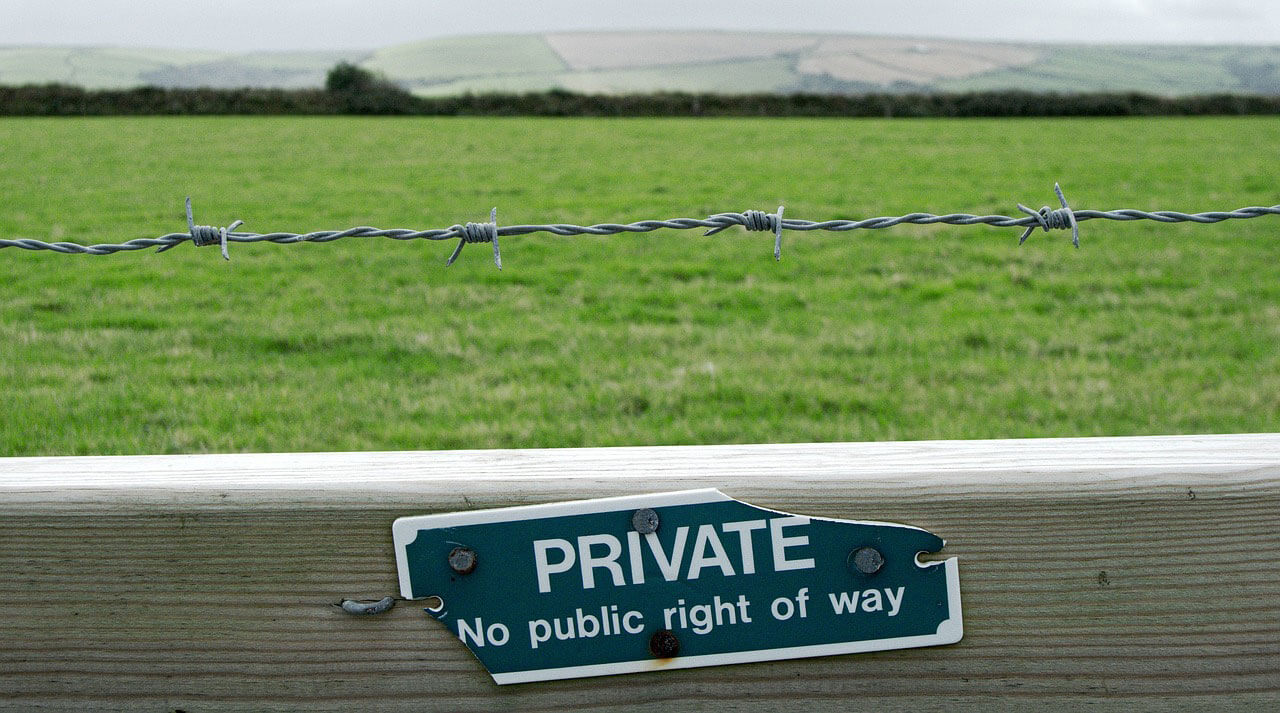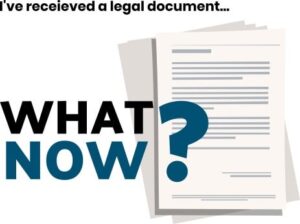What is a chattel?
A chattel is any kind of personal property that may be owned except land. So it includes a wide variety of things. Ownership of goods, livestock, shares, copyright, the right to recover debts, the right to use property (including a lease of commercial or residential property) and basically anything else you can own other than land.
What are the elements of trespass to chattels?
The elements of trespass to chattels are:
Lawful possession
The only person that can sue for trespass to chattel is the person in actual possession of the chattel at the time of the interference.1 The plaintiff does not need to prove a title to the chattel, but merely that they had actual or constructive possession of the chattel at the time of the defendant’s act.2
Interference a result of defendant’s act
The interference with the plaintiff’s right to possession of the chattel must be a direct consequence of the defendant’s act.3 Simply handling someone else’s goods without their authority or consent can theoretically constitute trespass.4 Commonly, however, it is the act of stealing or otherwise taking a chattel that is typically litigated as trespass. There is also no need for the plaintiff to show actual or material damage to the chattel to plead a cause of action in trespass.
Fault
It must be clear that the defendant was at fault by interfering with the chattel. Liability will not arise if the court discovers that the interference was not intentional, and the defendant was not negligent.5
Trespass to chattels has some elements and features that are analogous to, or overlap with, the tort of detinue and the tort of conversion. Commonly, a party who has suffered loss and damage will sue for all three torts with the aim of being successful for at least one of these actions.
Although care needs to be taken, there can be advantages to suing for multiple causes of action in the same proceedings, including because there are certain differences in the elements between the three torts that protect goods.
Consequently, casting a wide net may protect a plaintiff’s prospects when commencing proceedings.
Defences for trespass to chattels
If you have been accused of trespass to chattel, there are certain defences that may be available to you, including:
Necessity
The defendant may be able to establish a defence to trespass if the inference occurred in circumstances where the interference was necessary, but consent could not reasonably be obtained.6 The defendant must show that there was an apparent imminent danger to person or property and that the defendant honestly believed on reasonable grounds that the act was necessary for the preservation of the person or property.7
Consent
A defendant may be able to establish a defence to trespass if the interference occurred with the plaintiff’s consent. Consent can either be express or implied by conduct; however, it must be genuine and voluntary.8 The onus is on the defendant to establish that they interfered with the chattel with the plaintiff’s consent.9
Jus tertii
Jus tertii means “the right of a third party”. A cause of action in trespass may fail if the defendant can show that a third party has better rights to the chattel than the plaintiff.10 The onus is on the defendant to establish that a better right to possession is held by a third party in order for the defence to succeed.11
Inevitable accident
Inevitable accident is a defence that apply in circumstances where the defendant can show that their conduct was involuntary, and accordingly, the defendant is without fault.12 The onus on establishing this defence is on the defendant, who must show that their conduct was neither intentional nor negligent, and the interference with the chattel was a result of an inevitable accident.13
Mistake
Mistake is generally not a defence to intentional torts. However, mistake may be a defence to a cause of action in trespass if the defendant can prove that he or she acted with a mistaken belief, and the mistake was reasonable.14 The standard for what is considered ‘reasonable’ is generally fairly difficult to meet.
Incapacity
There may be a defence to trespass if the defendant is a minor who can establish their inability to understand the true nature of the act committed.15 This would seem to indicate that a defence based on incapacity would only cover young children up to about four years of age.16
Retaking goods
A defendant may be able to establish a defence to trespass if the defendant can prove that reasonable force was used to retake goods to which the defendant has a better right to possession than the plaintiff, or where the goods were wrongfully taken from the defendant by the plaintiff.17
Remedies for trespass to chattels
If you wish to bring a claim for trespass to chattel or land, there are various remedies that may be available to you, including:
Compensatory damages
Compensatory damages applies if damage to the chattel has been sustained or not capable of being returned. The aim for this type of damages is to put an injured person in the same situation as they would have been in had the trespass not been committed.18
Nominal damages
Trespass is a tort of strict liability, which means that nominal damages (i.e. damages awarded to a person who has suffered a legal wrong) apply even where no actual damage has been sustained by the plaintiff.19
Injunctions
An injunction is a court order preventing a party from doing something, or alternatively, forcing a party to do a specific thing. In order for the court to grant an injunction, the court must be satisfied that the damages suffered by the plaintiff are significant (such as where the trespass is ongoing).20
Exemplary damages
Exemplary damages, also referred to as punitive damages (i.e. damages awarded in order to punish the defendant and deterring others from engaging in similar conduct) may be awarded in certain circumstances involving trespass to chattels. Exemplary damages (although not traditionally so) are available for any tort.
For when you need assistance
If your property rights are being interfered with in any way, or you have been accused on interfering with another person’s goods, call Gibbs Wright Litigation Lawyers today for a free and confidential initial consultation to discuss your legal rights and options.
References
- Penfolds Wines Pry Ltd v Elliott (1946) 74 CLR 204. ↩︎
- Wilson v Lombank Ltd [1963] 1 WLR 1294. ↩︎
- Hutchins v Maughan [1947] VLR 131. ↩︎
- Barker v Furlong [1891] 2 Ch 172. ↩︎
- National Coal Board v J E Evans & Co (Cardiff) Ltd [1951] 2 KB 861. ↩︎
- Rigby v Chief Constable of Northamptonshire [1985] 1 WLR 1242. ↩︎
- Proudman v Allen [1954] SASR 366. ↩︎
- Pwllbach Colliery Co Ltd v Woodman [1915] AC 63; Lyttelton Times Co Ltd v Warners Ltd [1907] AC 476. ↩︎
- Plenty v Dillon (1991) 171 CLR 635, 647. ↩︎
- Ryan v Simon George & Sons Pty Ltd & Anor [2017] QSC 247. ↩︎
- Toyota Finance Australia Ltd v Dennis (2002) 58 NSWLR 101. ↩︎
- McHale v Watson (1964) 111 CLR 384. ↩︎
- Blacker v Waters (1928) 28 SR (NSW) 406. ↩︎
- Colwill v Reeves (1811) 2 Camp 575. ↩︎
- McHale v Watson (1964) 111 CLR 384; Registrar of Titles (WA) v Spencer (1909) 9 CLR 641. ↩︎
- Allen v Chadwich (2014) 120 SARS 350. ↩︎
- Kearry v Pattinson [1939] 1 KB 471; Mitchell v Norman; Ex parte Norman [1965] Qd R 587. ↩︎
- Livingstone v Rawyards Coal Co (1880) 5 App Cas 25. ↩︎
- TCN Channel Nine Pty Ltd v Anning [2002] NSWCA 82. ↩︎
- Shelfer v City of London Electric Lighting Co [1895] 1 Ch 287. ↩︎




